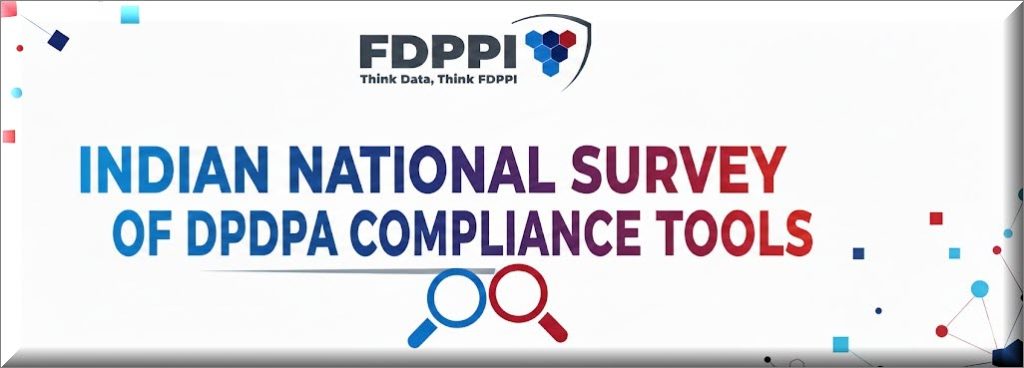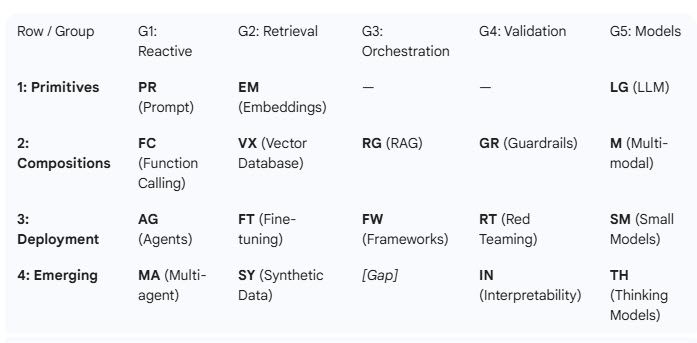Way back in 2015, Naavi had initiated India’s first survey of Cyber Insurance. It was a survey to ascertain the status of the industry at that point of time. We presume it was useful to the industry and today the industry has grown by leaps and bounds.
Now is the time for DPDPA Compliance and the entire industry is looking for appropriate tools for implementing Compliance. FDPPI has been doing its bit to assist the industry with its DGPSI Compliance framework. But the industry is eagerly looking forward to technical tools for data discovery, classification, consent Management and other requirements of compliance.
There are many international software products which are also claiming to have already customised for DPDPA. Most of them have substituted the key words such as Data Fiduciary for Data Controller but the skeleton of the engine is still the GDPR. Many Indian companies are trying to adopt DPDPA concepts into the GDPR framework since changing over to another software is very cumbersome and expensive. Putting the DPDPA into the body created for GDPR is like an orthodox Indian soul getting into a foreigner’s body on reincarnation.
There are many Indian companies who are trying to build indigenous products and some of them (Not all) have also been part of the MeitY exercise for developing an open source Consent Management Platform.
In this scenario, it is time for the launch of the First Indian National Survey of DPDPA Compliance tools.
FDPPI is therefore launching an open survey in this regard and is preparing to publish the questionnaire as part of its “International Privacy Day” celebration.
At the same time Naavi is also launching his next book in E Form named “Wisdom Companion for Champions of DPDPA”
 This book will be the fourth in the series of books released by Naavi starting with “Guardians of Privacy, a comprehensive handbook on DPDPA 2023 and DGPSI, DGPSI, the perfect prescription for DPDPA Compliance and Taming the twin challenges of DPDPA And AI”.
This book will be the fourth in the series of books released by Naavi starting with “Guardians of Privacy, a comprehensive handbook on DPDPA 2023 and DGPSI, DGPSI, the perfect prescription for DPDPA Compliance and Taming the twin challenges of DPDPA And AI”.
These books trace the progressive development of Information and converting them into knowledge and implementation skills. The new book will cover the DPDPA Rules along with the recent additions to DGPSI family namely DGPSI-GDPR, DGPSI-HR and DGPSI-Data Processor.
The Print version may take a little while but the Kindle version will be ready by this week.
There is a rumour that the Government may pre-pone the implementation of DPDPA from 13th May 2027 to 13th may 2026. Whether it materializes or not, FDPPI is racing ahead with its activities to prepare the country for the DPDPA Compliance Era.
Naavi














